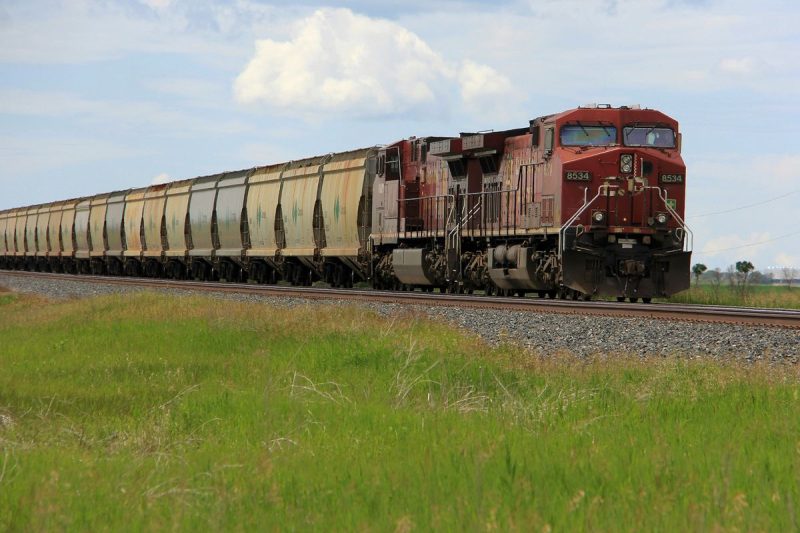
Canadian Rail Workers Lockout Halts Potash, Oil, and Metal Shipments
The recent lockout of Canadian rail workers has sent shockwaves through various industries, particularly impacting the shipment of critical resources such as potash, oil, and metals. The halt in shipments due to the labor dispute has highlighted the interconnected nature of the global supply chain and the significant role that rail transportation plays in the movement of essential goods.
Potash, a key ingredient in fertilizer production, is a vital resource for agriculture worldwide. With Canada being one of the largest producers of potash, any disruption in its transportation can have widespread repercussions on the agricultural sector. Farmers rely on a steady supply of potash to nourish their crops and maintain productivity. The halt in potash shipments due to the lockout has raised concerns about potential shortages and price fluctuations in the fertilizer market.
Similarly, the suspension of oil shipments has also raised alarms in various industries dependent on oil for manufacturing and energy production. Canada is a significant exporter of oil, and any disruption in its transportation can impact not only domestic consumption but also international markets. The lockout of rail workers has created logistical challenges for oil companies, forcing them to seek alternative modes of transportation to meet their supply commitments.
In addition to potash and oil, the halt in metal shipments has also impacted various sectors that rely on metals for production, such as construction, automotive, and electronics. Metals are essential raw materials in manufacturing processes, and any delay in their delivery can lead to production delays, increased costs, and supply chain disruptions. The lockout of rail workers has underscored the vulnerability of industries to labor disputes and the importance of having contingency plans in place to mitigate such risks.
The ripple effects of the Canadian rail workers’ lockout are being felt not only in the local economy but also on a global scale. International markets that depend on Canadian resources are closely monitoring the situation, aware of the potential impact on their own supply chains. The uncertainty caused by the halt in shipments has created volatility in commodity prices and raised concerns about the stability of the global supply chain.
As negotiations between the rail workers and management continue, stakeholders across industries are eagerly awaiting a resolution to the labor dispute. The outcome of these negotiations will not only determine the immediate future of potash, oil, and metal shipments but also serve as a litmus test for the resilience and adaptability of the supply chain in the face of unforeseen challenges. Only time will tell how this situation will unfold and what lessons can be gleaned from it to strengthen the global trade network.
